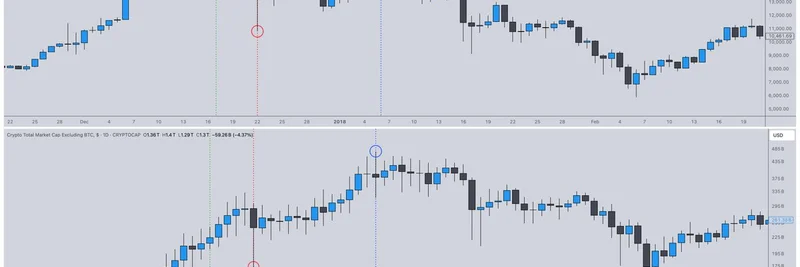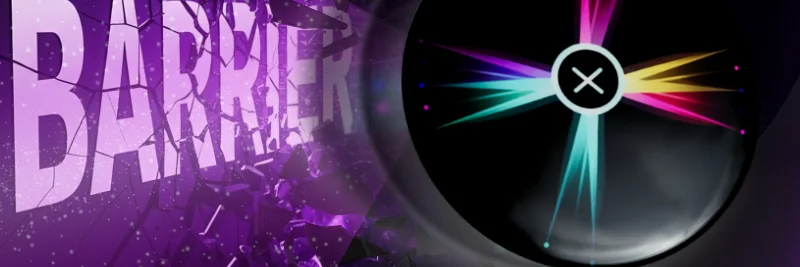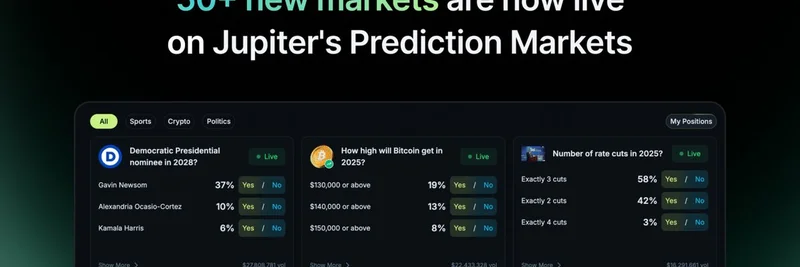Hey there, crypto enthusiasts! If you're knee-deep in the world of blockchain and meme tokens, you've probably heard the buzz about DePIN projects—they're the unsung heroes building the real-world backbone for our digital playgrounds. Well, things just got a whole lot more interesting. On September 29, 2025, the SEC's Division of Corporation Finance dropped a game-changing no-action letter for DoubleZero, a cutting-edge DePIN project. This move could open the floodgates for how tokens are distributed in these networks, and it's got implications that ripple right into the meme token scene.
Let's break it down simply. DePIN stands for Decentralized Physical Infrastructure Networks. Think of it as crowdsourcing real-world resources like internet bandwidth, storage, or even energy through blockchain tech. Instead of big corporations controlling everything, anyone can pitch in—run a node, share some fiber optic links—and get rewarded with tokens. These aren't your typical investment plays; they're more like digital high-fives for contributing to the network.
DoubleZero is right at the forefront of this. Founded by Austin Federa (yeah, the former Solana strategy guy), it's all about cranking up bandwidth and slashing latency for distributed systems. Picture a "Web3 highway" where anyone can add lanes by contributing underutilized dark fiber links. Their protocol creates high-performance, permissionless networks optimized for blockchain ops, making everything faster and more efficient. As Federa tweeted in response, it's a perfect handshake between American innovation and regulatory leadership.
The no-action letter? It's basically the SEC saying, "We won't come after you for securities violations under these conditions." According to Commissioner Hester Peirce's statement, this is huge because DePIN tokens aren't traditional securities—they're functional incentives to build infrastructure. She nailed it: "These tokens are neither shares of stock in a company, nor promises of profits from the managerial efforts of others. They are functional incentives designed to encourage infrastructure buildout."
Why does this matter for meme tokens? Well, a ton of memes launch on Solana, and DoubleZero's roots there mean better infrastructure could supercharge those viral pumps. Faster networks mean quicker trades, less lag during hype moments, and maybe even new ways to distribute meme tokens without regulatory headaches. Imagine meme projects using DePIN models to reward community contributors programmatically—distributing tokens for memes, engagement, or even real-world stunts—without worrying about SEC scrutiny.
Peirce also called out the bigger picture: forcing every crypto activity into old-school securities rules stifles innovation. "Blockchain technology cannot reach its full potential if we force all activities into existing financial market regulatory frameworks," she said. This letter shows the SEC engaging thoughtfully, which could lead to more clarity for the whole space, including those wild meme token experiments.
Of course, this isn't a free-for-all. The relief applies to programmatic distributions where tokens are compensation for actual work or services, not investment hype. For DoubleZero, it means they can focus on building that faster internet without getting bogged down in legal weeds.
If you're in the meme game, keep an eye on this. DePIN like DoubleZero could be the tech that makes your next favorite pump even more epic. What's your take—will this spark a DePIN meme wave? Drop your thoughts in the comments, and stay tuned to Meme Insider for more on how regs are shaping the crypto chaos.



